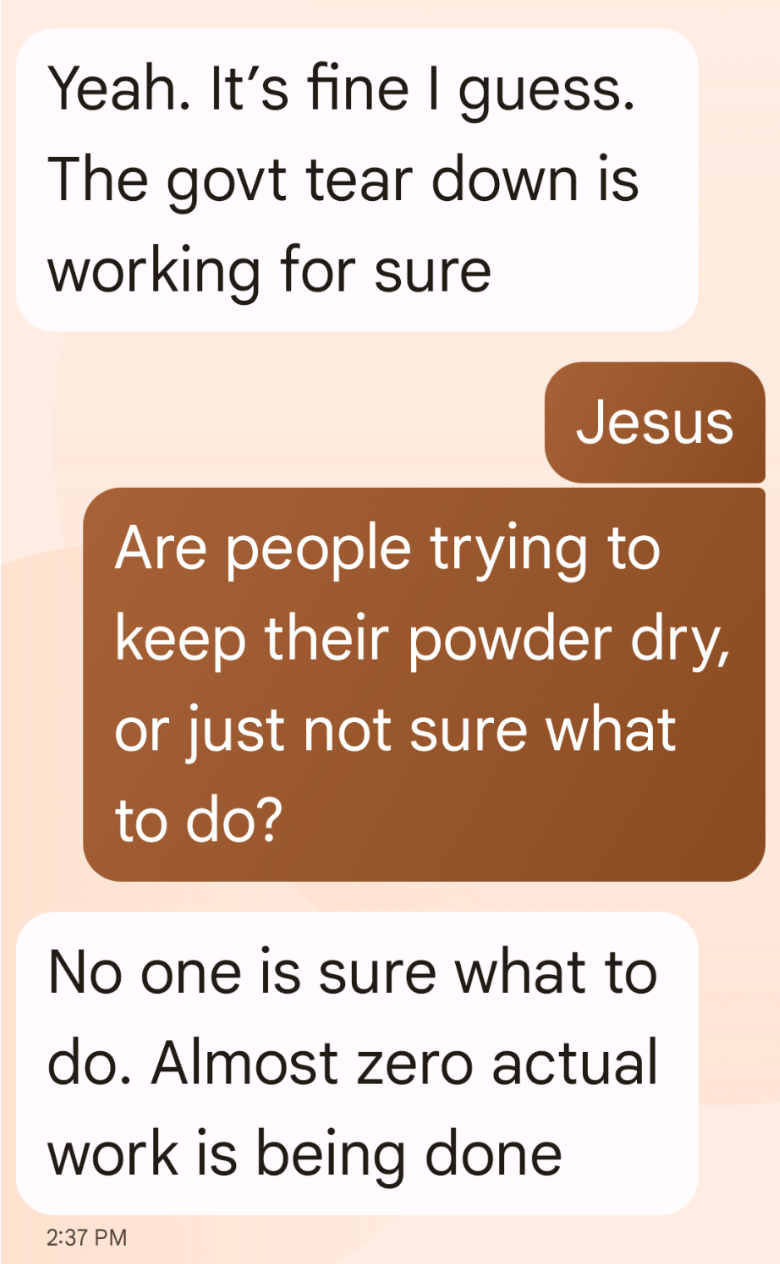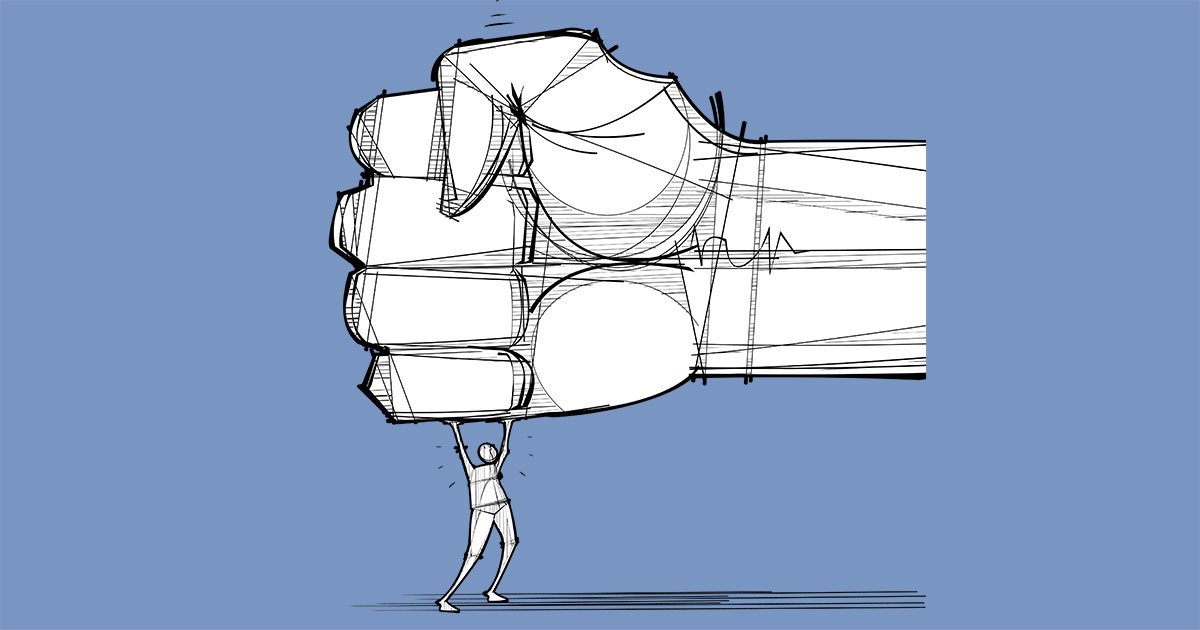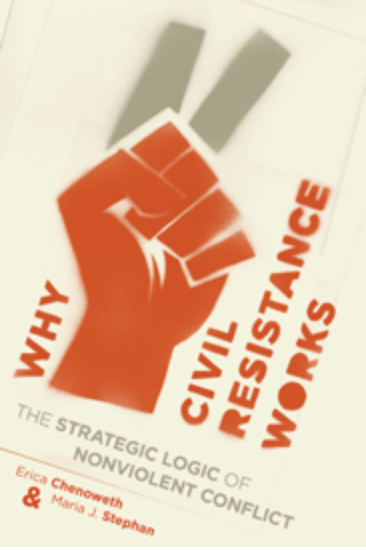You Must Refuse

[Author's Note: I know this isn't on the usual cadence, but I couldn't wait until Thursday. DOGE enters the CIA today. This is a message that needs to go out.]
An enormous amount of the research I do is to answer questions that other people seem to think are hypothetical. For example, I was part of the text message exchange that you see above. Some people would see "No one is sure what to do" as a rhetorical device, a simple expression of defeat. For me, it reassured me that the most important thing I could be doing right is – figuring out What To Do. There are many answers to this question, and I will provide as many of them as I can – but as I see powerful person, after powerful person, after powerful person fail, utterly and catastrophically, to make the right decision for our country, I felt an acute urgency about this one answer in particular:
You must refuse.
I thought about titling this piece "We Must Refuse." It would be more inclusive, it would be less confrontational, it would be more familiar. But I realized that it was also less confrontational because it was less clear – and clarity, now, is necessary.
I mean you.
When you are asked to do something that would make this country worse, you must refuse. Whether the request is explicit, implied, popular, clandestine – from a 19-year-old self-described racist, from a secretary of a major federal department, from a university president, from a Fortune 100 CEO – you cannot simply comply. You cannot simply leak. You cannot simply resign. You must refuse.
There are many, many reasons for this – I will share two of them.
The Nature of Power
The first reason is that this is simply how power works. Power is not money, or audience, or influence, or ideas – power is making things happen. Doesn't matter who, doesn't matter how. If you have billions of dollars, but watch the world turn sour beneath your window – that is not power. If you're the only person who knows how to access a key part of Social Security – and you refuse to give away that access – that, is power. To save ourselves, we need to make things happen. So we need to wield the power that we possess. (For those interested, the book that has most shaped my thoughts on power is Stanford Prof. Jeff Pfeffer's, linked here.)
In a world that was not under assault, you might even have the space to think of ways to make the world better – but that's difficult. When all you can do is respond to the world as it rushes towards you – remember that you can refuse.
I see some public acknowledgment of this idea, but it is sparse, and weak. For example there are stickers appearing on lampposts around my neighborhood, listing the Twenty Lessons for Fighting Tyranny, including Number 1: Don't Obey in Advance. But I think the real lesson is: Don't Obey, At All. When you're being asked to do something that is catastrophic, irreversible, and spectacularly illegal.

Not just because it's moral, though it is – not just because it's the Constitution, though it often is – but because it works.
How Denmark Stopped the Holocaust
Hannah Arendt's book Eichmann in Jerusalem is the origin of the now-famous phrase "the banality of evil" – her description of the process in which dull boring people doing dull boring work could turn the cranks to murder millions. This originally made me think that it was a dry and difficult philosophy text, but in fact it was originally a New Yorker article. This does not make the subject matter any easier, but the book itself is enormously accessible, and endlessly insightful. I do not just recommend it, but urge you forcefully to read it. Though if you can't find the time, I will share what I believe is the single most important story it tells.

Many countries attempted to "resist" the Final Solution – slowing things down, messing things up, introducing logistical and administrative hurdles at every step. The Italians in particular were masters of vaudevillian ineptitude: Oh, we lost the train! Oh, we lost the Jews! Whoops! But 8,000 Italians still died in the camps – almost 20% of Italy's Jewish citizens.
But Denmark – Denmark only lost 1%. Because Denmark refused.
And the Nazis had to acknowledge that they simply couldn't do it – they couldn't have done any of it – without the massive, ongoing, and sickeningly widespread help of the very people they were terrorizing.
You must refuse, too.
The Problem of Collective Action
I don't want to spend too much time on the caveats and the special cases and the risks and the uncertainties, because these are the things we know already. They are the reasons people don't refuse. We already understand too many of them too well. But it is worth thinking a little about what can alleviate those fears – specifically, other people. (Just one more reason I spend so much time on the seemingly frivolous topic of making friends.)
It's worth thinking about what has already happened with thousands of federal employees. They were illegally fired, as a group – and then they were legally re-instated by a judge, as a group. This led me, who is definitely not a lawyer, to have the following idea:
I think we need something to invoke – a principle, a moral, a movement – probably something that is already in front of us, like The Constitution, or the Oath of Office taken by all federal employees. Then when you refuse to do something, you don't say you aren't doing it because you as an unaccountable individual chose to do it on a whim. You say that you did it to Protect the Constitution, or Uphold the Oath of Office, or maybe even just because you refuse to Make America Worse. But something that makes clear you are doing it for precisely the same reason thousands of other people are also doing it.
Then – if, or even when – the fascists try to get rid of you, you aren't alone. The judge isn't forced to consider every single person separately, which would never be possible – instead, they would be able to say "You must re-instate all of the people who were fired for defending their Oath of Office." And you are one of them.
Even as not-a-lawyer I can see weaknesses in this specific idea, but the principle is unchanged. If just a few people refuse, we lose. If many people refuse, we have a chance. If many people refuse and we do it together – then we win.





